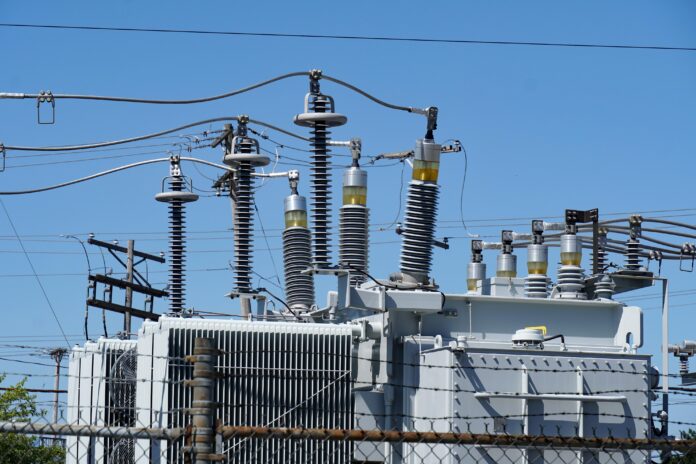The National Electric Power Regulatory Authority (Nepra) has expressed concerns over the sluggish growth in electricity consumption, which has risen by only 3.18% over the past six years (2018-2024).
The slowdown is attributed to high electricity prices, widespread adoption of solar energy, macroeconomic factors, and a decline in cheap hydel power generation.
According to a news report, the issue came under intense discussion during a public hearing held by Nepra to consider the Central Power Purchasing Agency’s (CPPA-G) request for a negative adjustment of 31 paisa per unit in the Fuel Cost Adjustment (FCA) for July 2024.
This adjustment, amounting to a Rs 4.5 billion refund, is to be passed on to consumers using over 300 units per month in their September 2024 bills. Consumers using up to 300 units per month are already benefiting from a subsidy and are not affected by this adjustment.
A representative of the National Power Control Centre (NPCC) reported that total energy generation from the national grid in July 2018 was 13,740 GWh, with daylight generation (from 8:00 am to 4:00 pm) accounting for 5,250 GWh, or 38 percent of the total. In July 2024, total generation increased to 14,818 GWh, with daylight generation slightly rising to 5,357 GWh, which now represents 36% of daylight hours’ generation.
Nepra members reacted immediately to these statistics, expressing concerns over the marginal growth in electricity consumption despite the increase in population and the expansion of energy infrastructure.
Chairman Nepra Waseem Mukhtar clarified that the NPCC’s statistics only reflect generation from the national grid, not including solar generation that is not connected to the grid.
The discussion also touched on the challenges of selling expensive electricity generated during peak times at lower rates to consumers due to changing consumption patterns driven by the increased use of solar photovoltaic (PV) systems. CPPA-G officials clarified that the FCA is calculated based on the entire generation mix, not selectively on expensive electricity.




